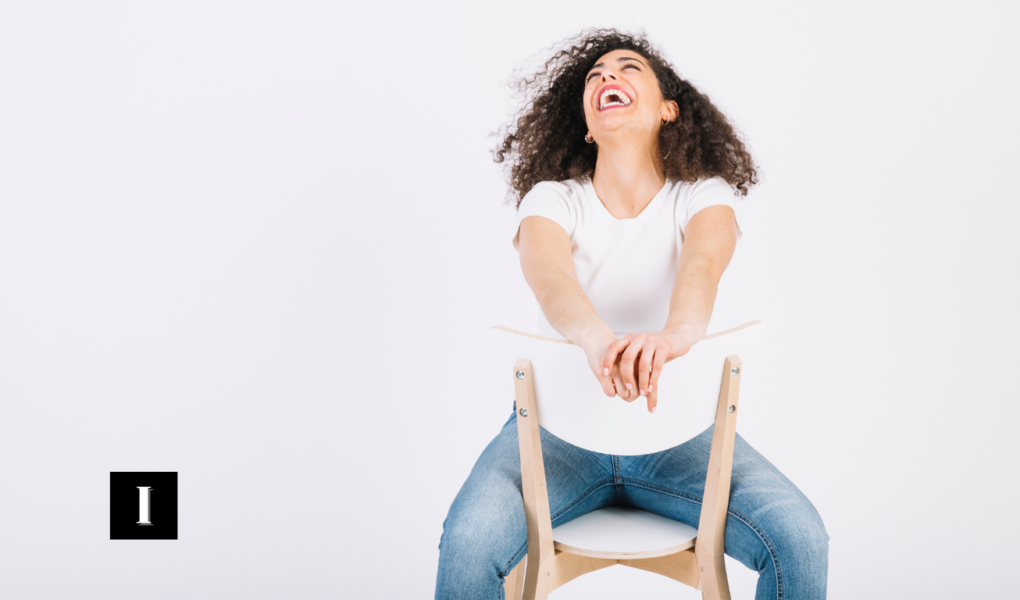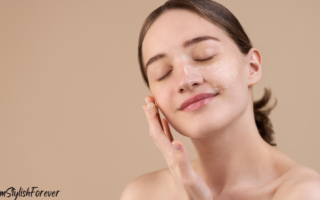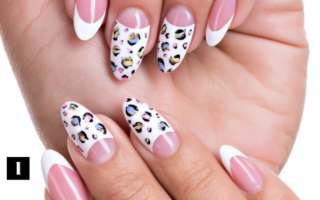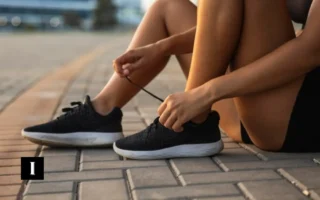We’ve all been there. You’re sitting comfortably in your chair, focused on work or enjoying a movie, when you start to feel that dreaded dampness creeping up your back. Bum sweat, also known as gluteal hyperhidrosis, is a common and often embarrassing issue. But fear not! There are steps you can take to keep your cool and your chair dry.
What Causes Bum Sweat?
Sweating is a natural bodily function that helps regulate our temperature. But some people sweat more than others, and certain areas, like the underarms and groin, are more prone to perspiration. Several factors can contribute to excessive bum sweat, including:
- Heat and humidity: Hot and humid environments make it harder for sweat to evaporate, leading to pooling and discomfort.
- Stress and anxiety: When we’re stressed or anxious, our bodies go into fight-or-flight mode, triggering sweat production.
- Medical conditions: In some cases, excessive sweating can be a symptom of an underlying medical condition, so consulting a doctor is crucial.
- Clothing and fabrics: Tight-fitting, non-breathable clothing can trap heat and moisture, worsening the problem.
Ways to Prevent Bum Sweat
Now that we understand the culprits, let’s explore some effective strategies to keep your tush cool and dry:
1. Dress strategically:
- Fabrics are your friend: Opt for natural, breathable fabrics like cotton or linen for your clothes and underwear. Avoid synthetic materials that trap heat and moisture.
- Looser is cooler: Ditch the skinny jeans and tight-fitting clothes in favor of looser styles that allow for better air circulation.
2. Chair choice matters:
- Mesh magic: Mesh chairs promote airflow and prevent heat build-up, making them ideal for sweaty bums.
- Cool cushions: Consider using a cooling gel pad or breathable seat cushion to absorb moisture and keep you comfortable.
- Chair positioning: If possible, adjust your chair height and position to avoid slouching, which can trap heat and moisture.
3. Lifestyle tweaks:
- Stay hydrated: Drinking plenty of water helps regulate body temperature and reduces sweat production.
- Cool down: If you start to feel the heat, take a break to cool down with a cold drink or a fan.
- Move it or lose it: Regular exercise can help regulate your body’s temperature control mechanisms and reduce overall sweat production.
- Manage stress: Stress is a major sweat trigger. Practice relaxation techniques like deep breathing or meditation to keep your cool.
4. Product power:
- Antiperspirants and deodorants: While not designed specifically for the bum, antiperspirants and deodorants formulated for sensitive skin can help manage sweat production.
- Sweat-absorbing pads: Disposable or reusable sweat pads designed for the underarms can also be used on your chair to absorb moisture.
- Moisture-wicking underwear: Look for underwear made from moisture-wicking fabrics that draw sweat away from your skin and keep you dry.
Bonus tips:
- Baby powder: A light dusting of cornstarch-based baby powder can absorb moisture and reduce friction.
- Portable fan: Keep a small fan handy to direct airflow towards your trouble zone.
- Stay fresh wipes: Keep a pack of wipes on hand to freshen up throughout the day.
Remember, excessive sweating can sometimes indicate an underlying medical condition. If you’re concerned about your sweat levels, consult a healthcare professional for diagnosis and personalized advice.
By following these tips and finding the strategies that work best for you, you can say goodbye to embarrassing bum sweat and enjoy comfortable, sweat-free seating!
Also Read: Your Best Guide On How To Remove Razor Burn
Frequently Asked Questions (FAQs):
Q. How to stop bum sweat at gym?
A: To prevent excessive bum sweat at the gym, wear moisture-wicking clothing and breathable fabrics to help regulate body temperature. Additionally, consider using talcum powder or anti-chafing products to minimize moisture buildup.
Q. Why does my bum sweat at night?
A: Bum sweat at night may result from various factors such as room temperature, bedding materials, or underlying medical conditions like hyperhidrosis. Maintaining a cool sleeping environment and opting for breathable bedding can help reduce nighttime sweating.
Q. Why does bum sweat smell?
A: Bum sweat can develop an odor due to bacteria breaking down sweat on the skin. Ensure proper hygiene by washing the area regularly with antibacterial soap, and consider using talcum powder or anti-odor sprays to manage odor.
Q. Why does my bum sweat when I exercise?
A: Bum sweating during exercise is a natural response to regulate body temperature. Stay hydrated, wear moisture-wicking clothing, and take regular breaks to wipe away excess sweat and allow for airflow.
Q. How to stop bum sweat on chairs in school?
A: To prevent bum sweat on chairs at school, consider using a towel or cushion to absorb moisture, and wear breathable clothing that allows air circulation. Taking short breaks from sitting can also help reduce sweat accumulation.
Q. Can sweat make your bum itch?
A: Excessive sweat in the bum area can sometimes lead to itching due to moisture and friction. Keep the area clean and dry, and consider using talcum powder or anti-itch creams to alleviate discomfort.
Q. Can sweat cause spots on bum?
A: While sweat itself doesn’t directly cause spots on the bum, bacteria thriving in sweat-prone areas can contribute to acne or folliculitis. Maintain good hygiene practices, shower after sweating, and wear breathable clothing to minimize the risk of skin issues.



